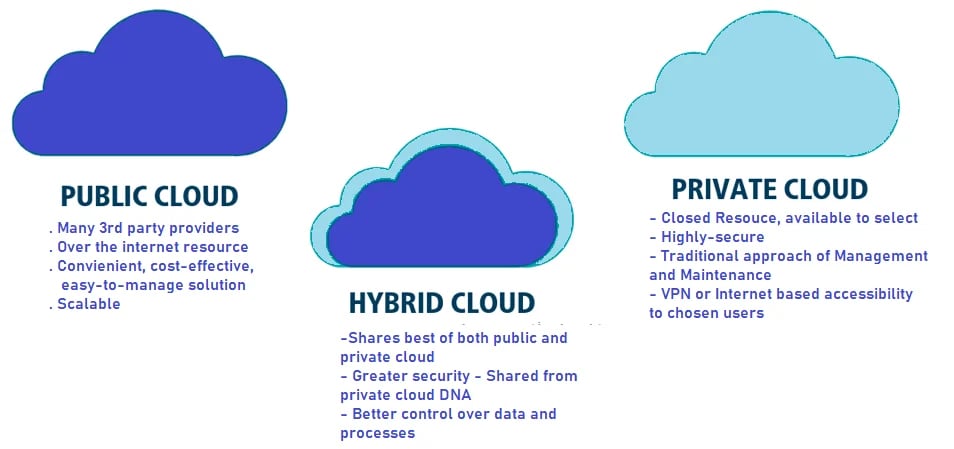Why more regulation of connected car technology is probably just up the road
[ad_1]
We are fired up to convey Renovate 2022 again in-individual July 19 and virtually July 20 – 28. Sign up for AI and data leaders for insightful talks and interesting networking alternatives. Register now!
Many months back, I bought my first new auto in yrs. I experienced prepared to invest in a utilized a single, but decided a shiny new auto would be a pandemic treat. I have been impressed by the connected car engineering, all the embedded program-pushed packages that fundamentally have turned the auto into APIs on wheels.
I believed about this far more in late January when a 19-year-old in Germany designed worldwide information with a creepy revelation: He was able to remotely obtain a lot more than 25 Tesla automobiles and, if he needed, could have controlled some of their functions, together with unlocking the doorways, opening the home windows and even beginning keyless driving.
The tale had a content ending. The teen, David Colombo, is a white-hat hacker who utilizes his capabilities to recognize safety flaws. Which is how he found the holes in a 3rd-party facts logging application obtainable to Tesla homeowners, TeslaMate, that allowed him to drive instructions to the vehicles. Colombo notified TeslaMate and Tesla, and a resolve was speedily issued.
The proliferation of linked cars
But the incident has served as an unsettling reminder that stability vulnerabilities are a crystal clear and current hazard to all the connected cars that are reshaping the automobile business, and the pretty nature of driving, and that better safeguards ought to turn out to be a higher priority.
The engineering disruption sweeping the automotive sector is accelerating rapidly. In August, President Biden signed an govt get aimed at producing 50 % of all new vehicles sold in 2030 zero emissions, like battery, electric powered, plug-in hybrid electric powered or gas-cell electrical motor vehicles. The administration followed that up in February with a plan to allocate $5 billion to states to fund electric powered automobile chargers together interstate highways.
The New York Periods, in a tale [subscription required] headlined “Why This Year Could Be a Tipping Issue for Electrical Automobiles,” claimed in February that “battery-run autos are obtaining a breakthrough minute.” The newspaper claimed a dramatic leap in the range of electrical vehicles marketed all over the world, from 2.5% of all new autos in 2019 to 9% final yr, alerts that 2022 could be “the 12 months when the march of battery-powered cars and trucks became unstoppable, erasing any doubt that the internal combustion engine is lurching toward obsolescence.”
The proliferation of program in cars
Even prior to electric motor vehicles begun getting momentum, the quantity of program code in today’s autos had arrived at about 100 million strains [subscription required], and quite a few specialists hope that amount to strike 300 million by 2030. To put that into context, a passenger plane has roughly 15 million strains of code, and a modern-day fighter jet has about 25 million.
Lots of present day autos now have far more than 100 electronic handle models embedded during to control every little thing from seat belts to the infotainment method. Innovations in cloud computing and 5G wi-fi technologies will make it possible for autos to preserve finding smarter and connect much more with the world around them, such as networks and providers in properties, organizations, infrastructure and other motor vehicles. If software program is having the environment, as entrepreneur Marc Andreessen famously noticed [subscription required] in 2011, it is definitely devouring the auto.
These innovations are wildly interesting and must convey a variety of societal advantages, including cleaner air, significantly less fuel usage, safer roads and bigger financial efficiency. Nevertheless, all this more connectivity carries safety and privateness difficulties that have nonetheless to be sufficiently addressed.
Cars and trucks as “information clearinghouses”
“The influx of electronic improvements, from infotainment connectivity to over-the-air computer software updates, is turning automobiles into details clearinghouses,” a McKinsey report mentioned. “While offering substantial purchaser value, these adjustments also expose cars to the seamier aspect of the electronic revolution. Hackers and other black-hat burglars are attempting to get obtain to significant in-car or truck digital units and data, possibly compromising essential basic safety functions and customer privateness.”
The present dearth of security and privateness laws and specifications is a Wild West that won’t slice it for the extended haul. That’s why I assume lawmakers at the federal and point out levels will shortly develop into additional intense in contemplating laws to harden these techniques towards intrusions.
Deja vu all about all over again
We’ve witnessed this film in advance of with growing new systems. In the early times of the web of things, the tech marketplace was gradual to target on security and as well frequently shipped products with weak password safety and other vulnerabilities.
The car marketplace cannot make the exact same oversight. The stakes are extremely superior: Carmakers have not only a business rationale but a legal and ethical just one to make confident the new breed of autos is safe and sound and deserving of consumers’ assurance.
The discovery of the Tesla vulnerability came six and a 50 percent several years following safety researchers on a laptop 10 miles absent brought about [subscription required] an SUV to get rid of power, change its radio station, and change on the windshield wipers by using the vehicle’s enjoyment technique that linked to a cell facts community.
Why this type of detail is continue to happening is a really serious query that requirements to be answered.
The want for safety rules not just for autonomous cars, but for all related cars
In April 2018, California carried out rules mandating that autonomous motor vehicles meet up with suitable marketplace criteria for cybersecurity. Which is excellent, but this sort of pondering demands to be broadened to the significantly more substantial universe of linked cars and trucks.
The United States calls for engineering transparency in other industries, these kinds of as the federal Centers for Medicare and Medicaid Services’ laws governing info transfers making use of software programming interfaces (APIs). It seems inescapable that extra demanding oversight is coming to automotive technologies as properly – and not just exactly where protection is worried, but in the place of info privacy. Automakers and their third-occasion associates will be collecting monumental volumes of facts in an automotive API ecosystem that will expand exponentially.
The field would be sensible to buckle up for the coming action.
Kin Lane is chief evangelist at Postman, an API-first progress platform whose user foundation just lately surpassed 20 million application builders.
DataDecisionMakers
Welcome to the VentureBeat neighborhood!
DataDecisionMakers is exactly where specialists, like the technical people accomplishing information operate, can share information-connected insights and innovation.
If you want to read about slicing-edge concepts and up-to-date facts, finest tactics, and the foreseeable future of details and information tech, be a part of us at DataDecisionMakers.
You could possibly even consider contributing an article of your individual!
Examine Additional From DataDecisionMakers
[ad_2]
Resource url






